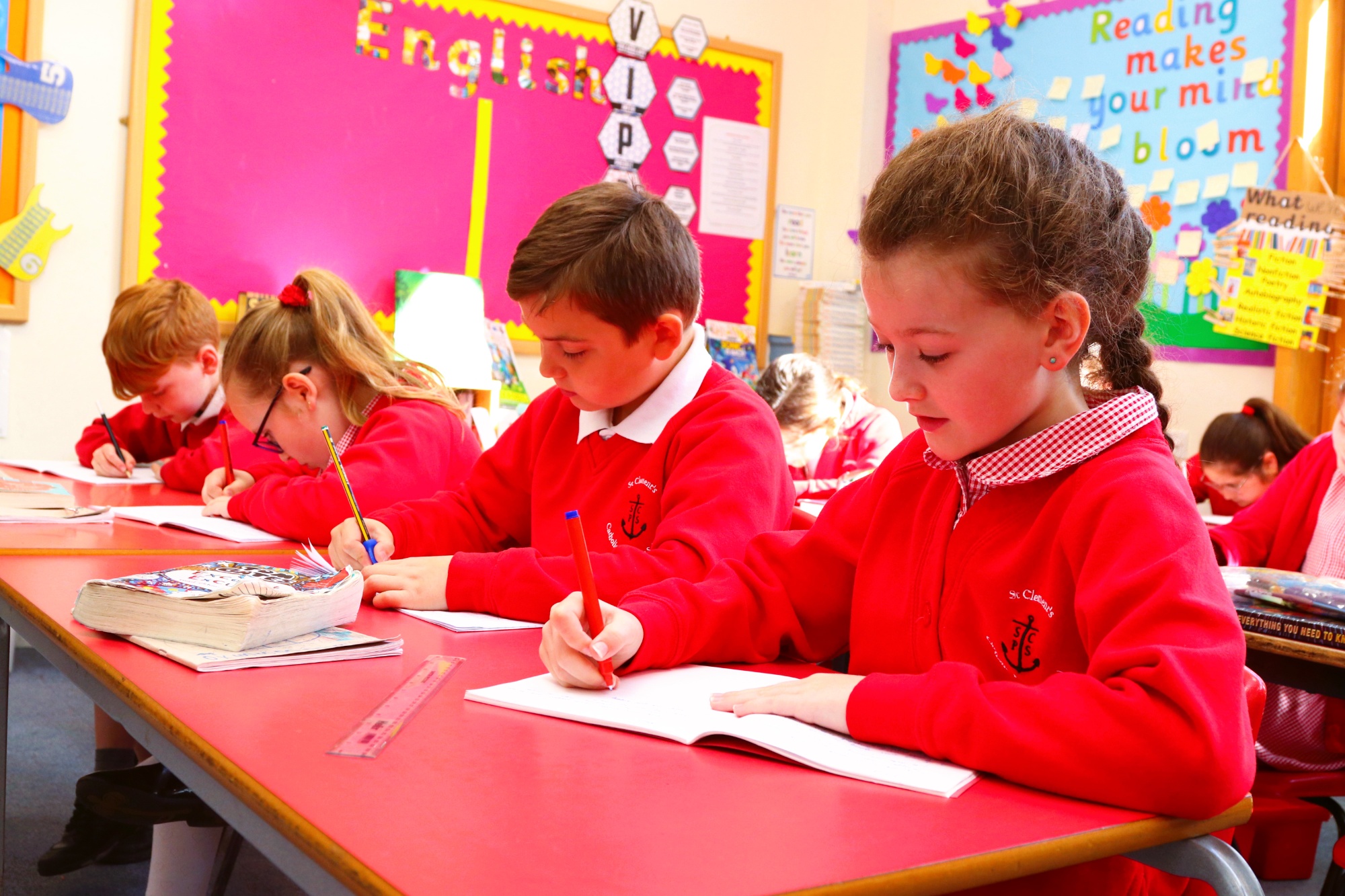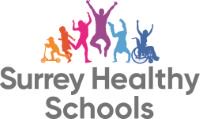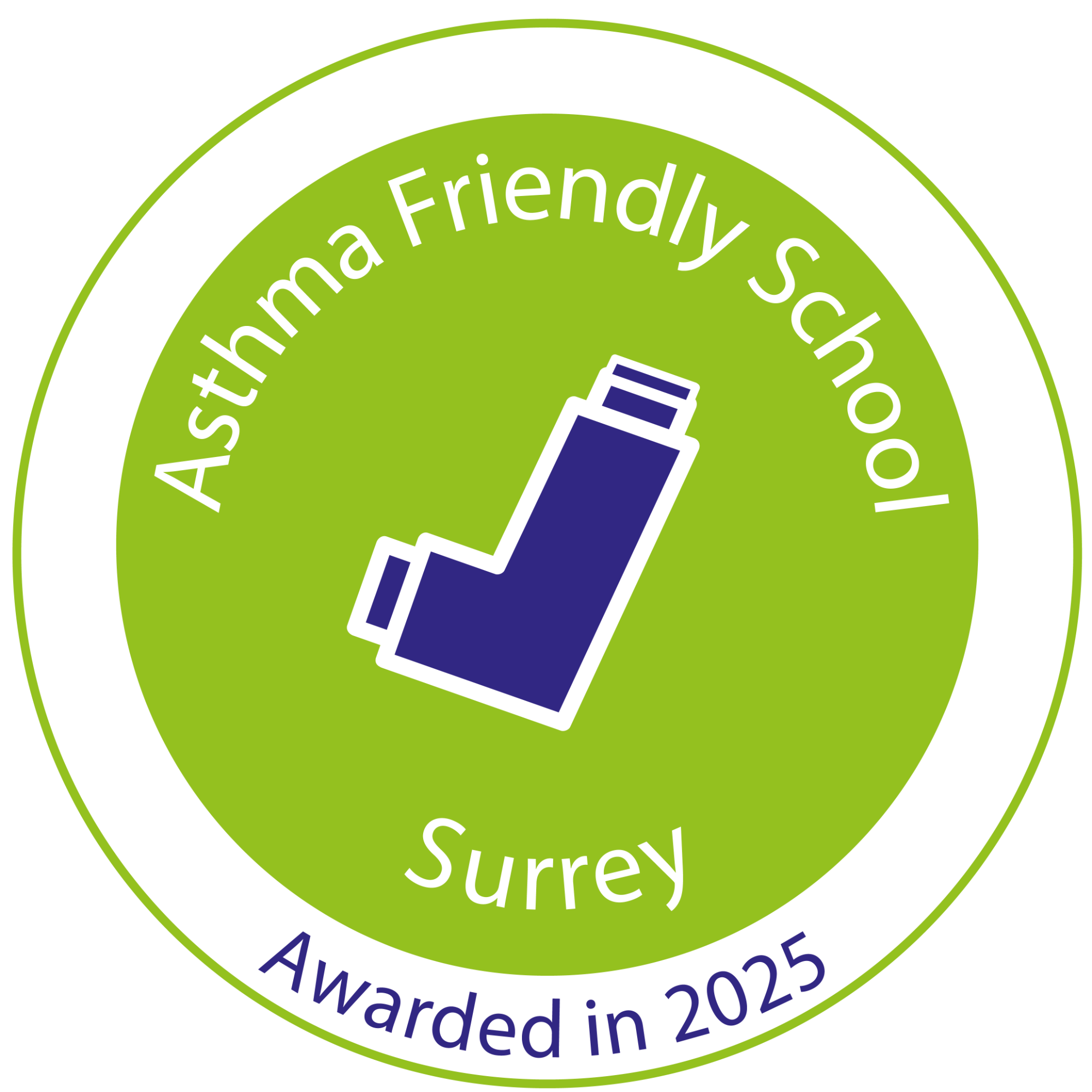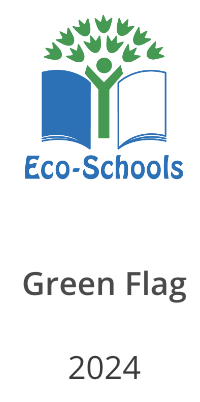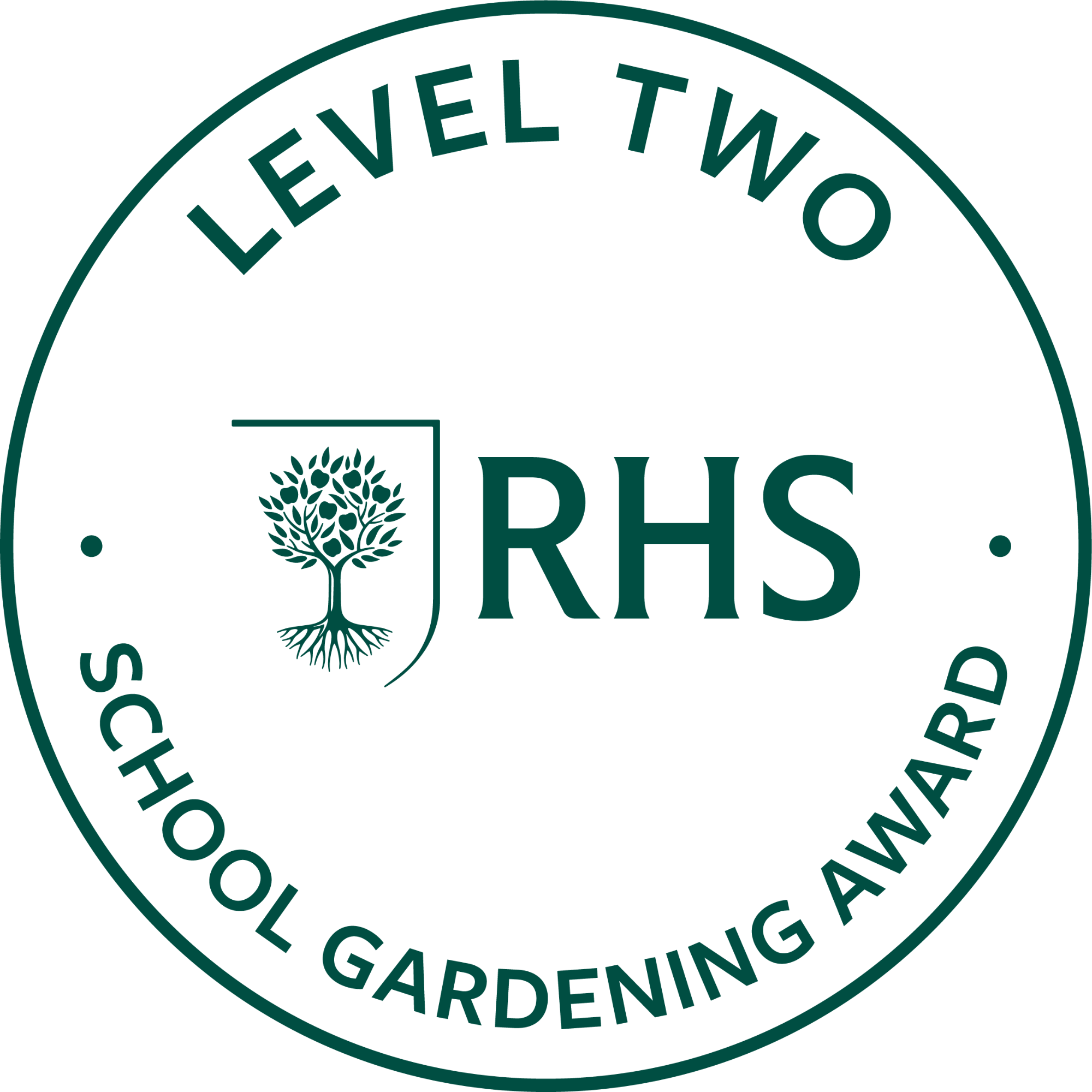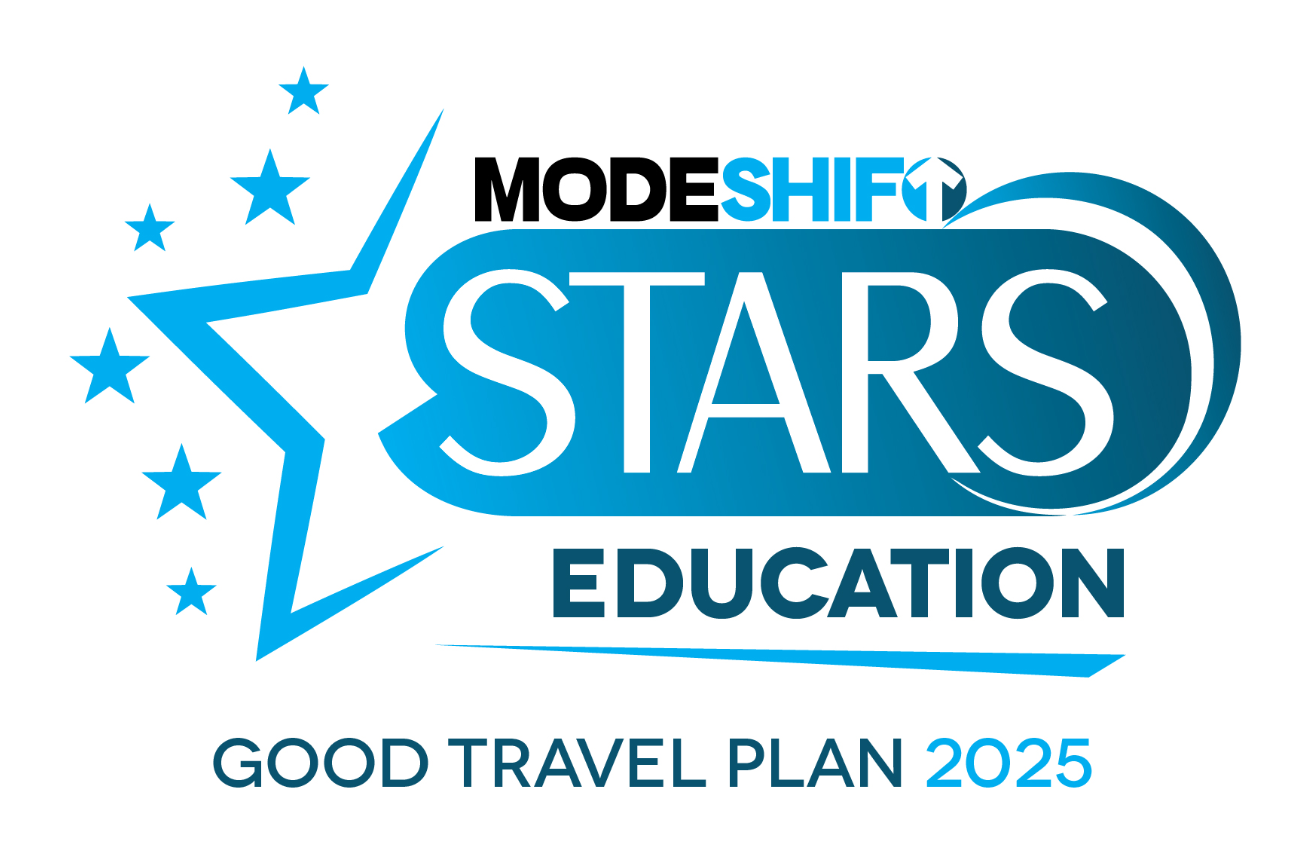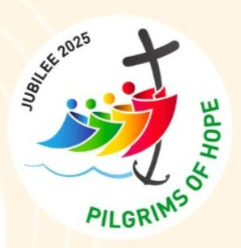English (Sep 2024)
Reading Implementation
St Clement's school has a whole school commitment to the development of reading. We maintain a love of reading and a passion for the development of skills throughout our school so children become fluent and excited readers ready for secondary school.
Read Write Inc
EYFS and Key Stage One pupils are taught early reading and writing skills explicitly through structured daily sessions as part of a Systematic, Synthetic Phonics (SSP) programme called Read Write Inc. This approach ensures consistently strong phonics results for our pupils.
Staff have benefited from high-quality training and, as a result, they are highly skilled in delivering this extremely effective programme that systematically builds upon what pupils already know. Pupils do not move on through the programme until they have successfully embedded their learning. To support their progress in early reading, we use decodable books as a way of establishing phonic decoding. Formative assessment is constantly used to assess children’s progress, identify learning gaps and target next steps.
Once pupils learn the mechanics of reading through the phonics programme, developing their comprehension skills becomes the primary focus in teaching reading. The skills and knowledge pupils need in order to comprehend are very similar at different ages. Therefore, we use a whole class, mastery approach to teaching reading from Year 2 through to Year 6. The programme we use is called Master Readers.
.
Jane Considine writing approach
Implementation
At St Clement’s we have adopted ‘The Write Stuff’ by Jane Considine to bring clarity and consistency to the mechanics of writing and to enable our children to write effectively and coherently. As a school, all children from Year 1 to Year 6 learn to write through the Write Stuff approach. This was developed by teacher and leading English consultant, Jane Considine. It is a fun, creative and rigorous approach to develop children’s writing. This approach allows children to apply basic skills, vocabulary and grammar knowledge to write effective sentences, which are full of impact and keep the reader interested.
In The Write Stuff approach to writing, the children explore high level, rich vocabulary and are taught grammar in context through different writing lenses on the Writing Rainbow. There are three lenses used to support children with their writing:
Fantastics – ideas for writing
Grammaristics – tools for writing
Boomtastics – writing techniques
Impact
Having followed the Write Stuff approach to develop writing skills children should be able to:
- write for a range of purposes including diary entries, persuasive letters, stories, poems and recounts to name but a few.
- use their vast knowledge of vocabulary to excite, inform or entertain the reader.
- understand a range of punctuation and the effect it can have on the reader in both writing and reading.
- understand and be able to use a range of grammatical devices.
- understand the various sentence types that can be used to support different genres.
- spell accurately using their phonetic knowledge and apply spelling rules.
- to speak clearly, fluently and coherently, to be able to listen attentively with understanding, pleasure and empathy and contribute to group discussions

